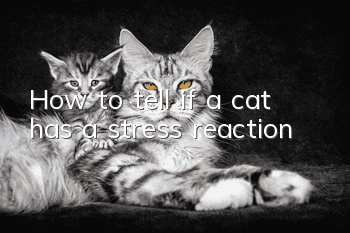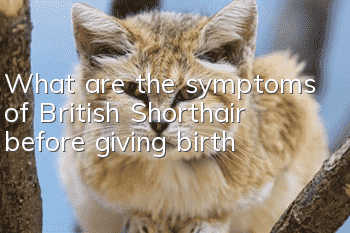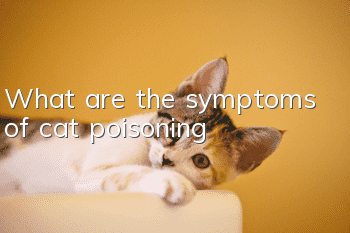How to tell if a cat has a stress reaction

1. Cats’ stress response will cause symptoms such as flying ears, fried hair, shortness of breath, and panting with the mouth open.
2. Some cats will have symptoms of hiding, not eating or drinking, listlessness, soft stools, and vomiting in response to stress.
3. Cats’ stress response and tendency to attack can be revealed through the cat’s facial expressions and body posture.
4. Severe stress reactions may cause problems with the cat’s urinary system, and Ken may suffer from liver disease. In the most serious cases, the heart may accelerate, twitch all over, have difficulty breathing, and die quickly. .
Methods to alleviate cat stress response:
1. Provide a quiet environment. You can put the cat in a relatively small and dark box to keep it quiet, do not disturb it, and let it Just rest by yourself.
2. You can take the items that the cat used before to the new home, which can give the cat a certain sense of familiarity and gradually adapt to it.
3. You can put some catnip and pheromones in the room to relieve the cat’s anxiety.
4. If the cat has symptoms such as vomiting and diarrhea, you can add an appropriate amount of probiotics to the cat’s food to regulate the gastrointestinal environment, which will help relieve the cat’s symptoms.
- What should you pay attention to when taking your cat out?
- Cat thrombosis symptoms
- What to do if Chinchilla has acute gastroenteritis?
- Can cats see when the lights are turned off at night?
- Should I stop cats from fighting?
- How long does it take for a cat to eat lily before it is safe?
- Why do cats bite people?
- Why does no one want brown tabby with white spots?
- How long does it usually take for a new cat to poop after arriving home?
- Can cats eat watermelon? What should I pay attention to?



